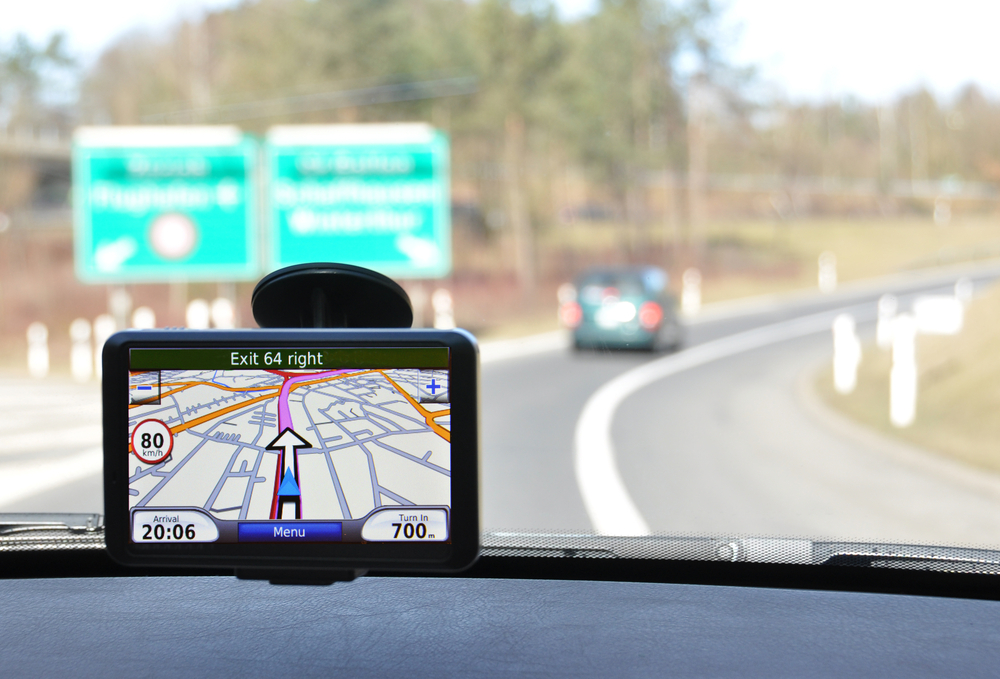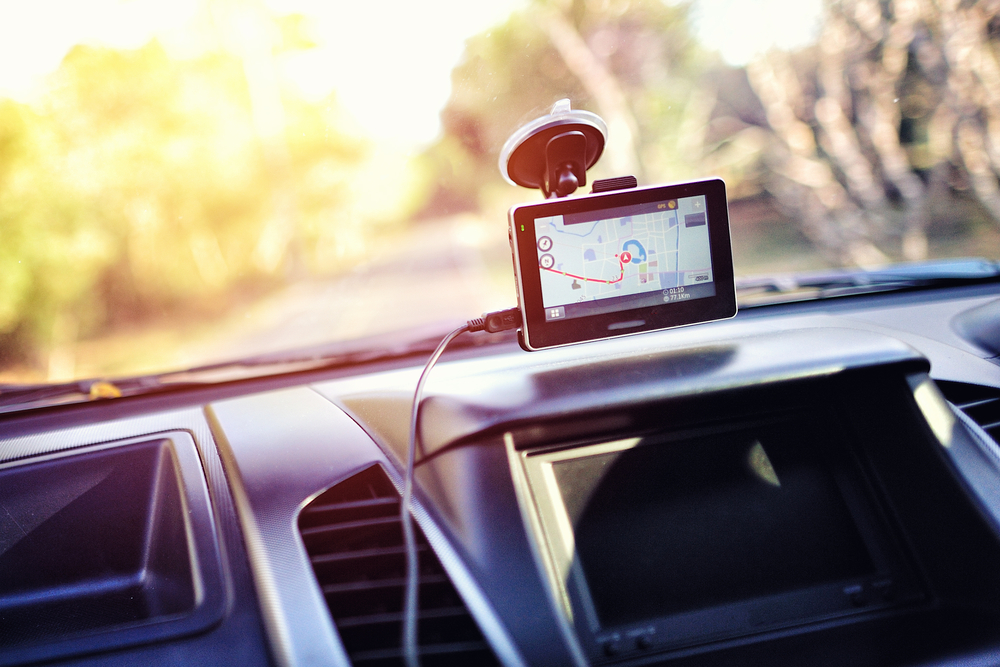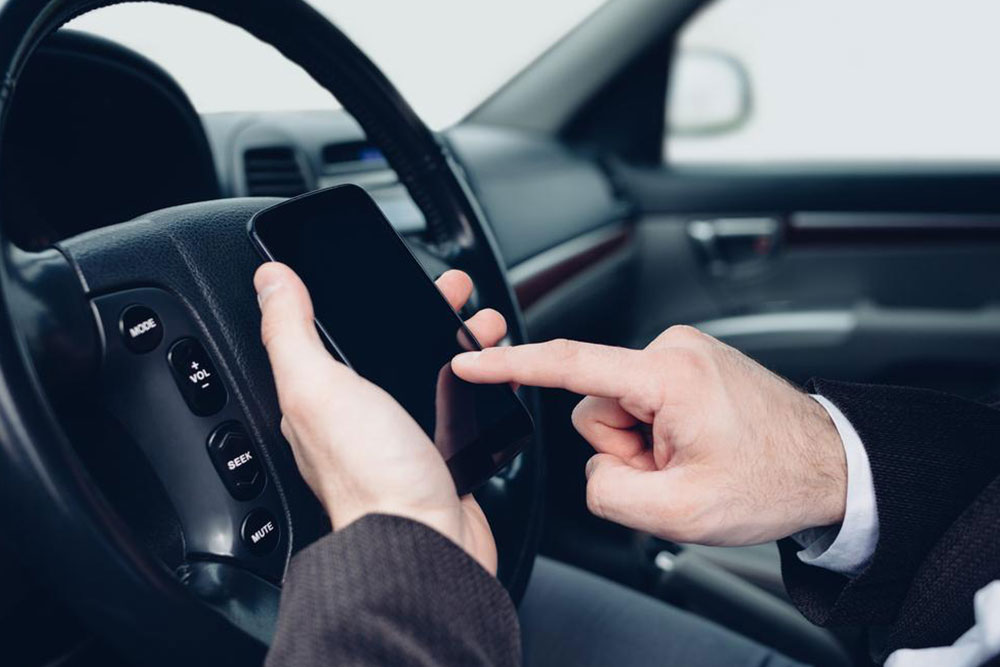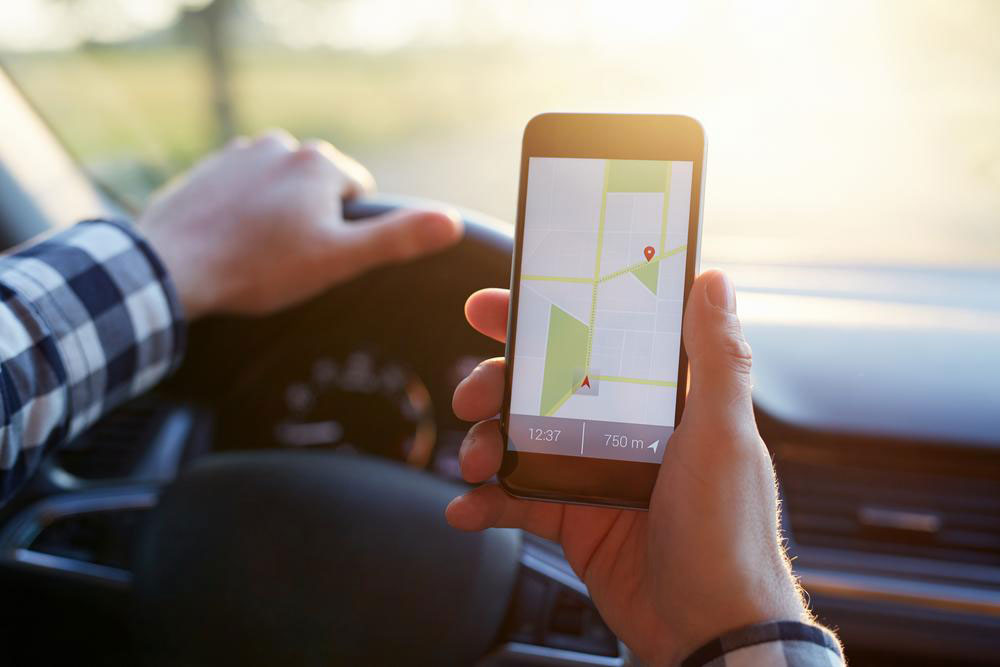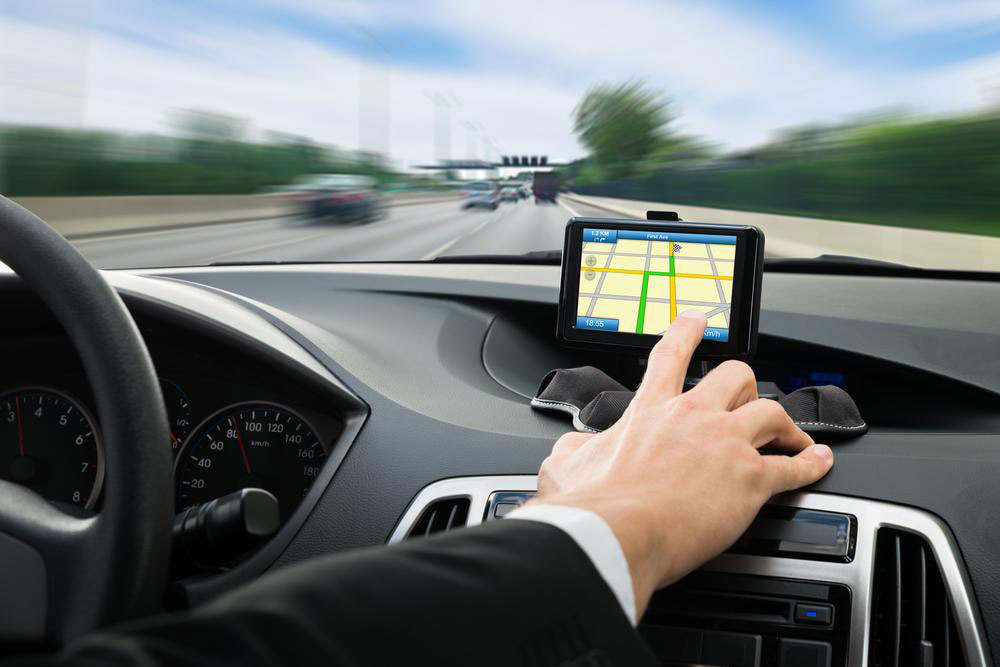Comprehensive Guide to Selecting the Perfect GPS and Navigation Systems for Your Vehicle
This comprehensive guide explores how to choose the perfect GPS and navigation systems for your vehicle. It covers key features to consider, top brands like Garmin and TomTom, and practical tips to improve your driving experience. Whether for daily commuting or long road trips, find out what makes a navigation device reliable, easy to use, and packed with useful functionalities. Stay safe, find your way effortlessly, and make informed decisions with this in-depth overview of modern GPS technology.
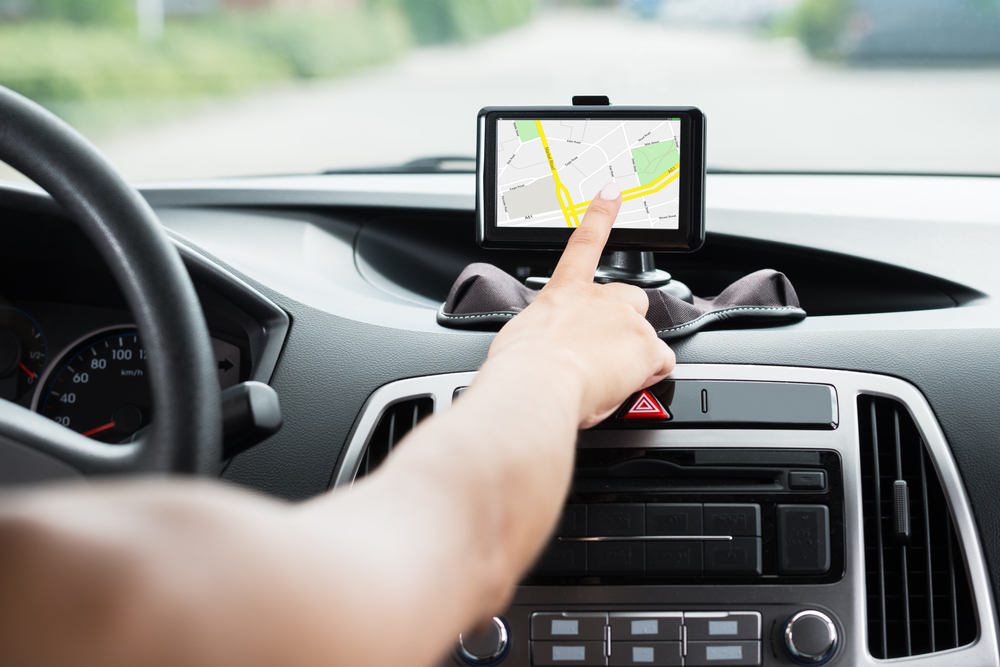
Comprehensive Guide to Selecting the Perfect GPS and Navigation Systems for Your Vehicle
Embarking on journeys through unfamiliar territories can often be challenging and stressful without the right navigation tools. Choosing the appropriate GPS and navigation device is essential for ensuring safe, efficient, and confident travels. With advancements in technology, numerous GPS devices and navigation applications are now available to assist drivers in finding the best routes, avoiding traffic, and discovering points of interest along the way. This comprehensive guide aims to help you understand the key factors to consider when selecting a navigation system, explore popular brands, and provide practical tips for making an informed decision.
In the past, travelers relied heavily on paper maps and printed directions, which could be cumbersome and prone to errors. Today, modern GPS and digital navigation devices have transformed the driving experience, offering real-time updates, voice-guided directions, and dynamic route planning. These innovations have made road trips safer, more convenient, and more enjoyable, regardless of whether you are commuting locally or exploring new regions.
One of the most significant developments in navigation technology is the advent of portable GPS units. These devices are highly versatile, as they can be easily transferred between different vehicles, shared among family members, or used for multiple trips. They are designed to be compact, user-friendly, and feature-rich, often including functionalities such as route optimization, traffic alerts, lane assistance, and points of interest (POIs). These points of interest can include gas stations, restaurants, ATMs, hotels, and tourist attractions, making your journey smoother and more efficient.
When selecting a GPS device, it is important to consider various factors to ensure it meets your specific needs. Accuracy of navigation and map updates is paramount. A reliable device should offer precise directions and regularly updated maps to reflect the latest roads, constructions, and closures. Ease of use is equally important; a user-friendly interface with intuitive controls can greatly enhance your experience. Additionally, consider the device's screen size and visibility in different lighting conditions—bright, high-resolution screens are preferable for clear viewing.
Battery life is another critical aspect, especially for long trips. Devices with a minimum of 4-5 hours of battery life are recommended to avoid interruptions during extended drives. Many newer GPS units also come with features such as text-to-speech voice guidance, which eliminates the need to look at the screen constantly and allows for hands-free navigation, thus improving safety on the road.
Several reputable brands dominate the GPS market, notable among them are Garmin, TomTom, and Magellan. These brands offer a range of models designed to cater to different budgets and requirements—from basic units for everyday commuting to advanced systems suitable for off-road adventures. When comparing models, it's beneficial to read user reviews and ratings to gauge real-world performance and reliability. Additionally, purchasing from trusted online retailers can provide the benefits of discounts, extensive selection, and hassle-free return policies.
Additional features to consider include real-time traffic updates, offline map capabilities, customizable routes, and integration with smartphones or other devices. Some GPS devices can connect to your smartphone via Bluetooth to share data seamlessly and provide notifications directly on the screen. The integration of these features helps optimize your routes and reduces travel time, especially during peak traffic hours.
In conclusion, choosing the right GPS and navigation device depends on your specific driving habits, budget, and preferences. Prioritize features such as accuracy, ease of use, map coverage, and safety enhancements. A dependable navigation system not only simplifies your journeys but also enhances your overall driving experience by providing reliable guidance, reducing stress, and giving you peace of mind on every road you travel.
